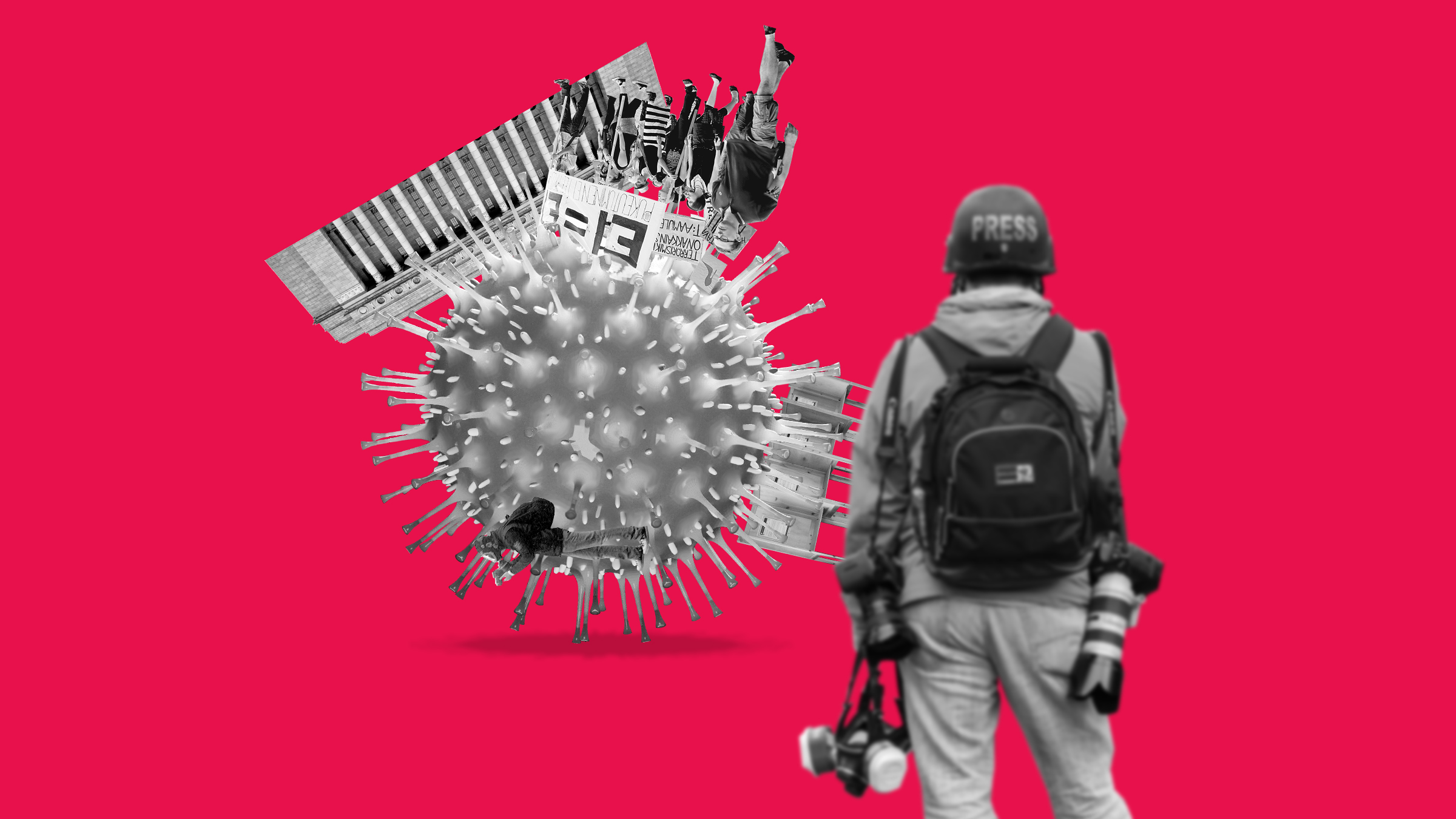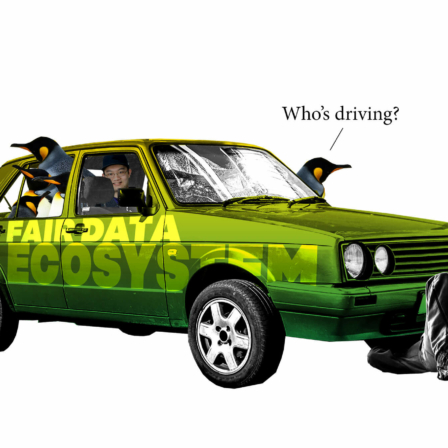The virus has an astonishing force. It does not just kill older people, but younger ones too. Healthcare and national economies are on their knees. It has forced millions of people to stay in isolation. It brought down democracy in Hungary and is shaking the structures of the European Union in an unprecedented way. Later, when the crisis has passed, it will bring down governments when the search for the culprits begins.
Comparisons between the abilities of democratic and autocratic systems to manage the crisis have been made from the beginning. The decisive actions taken by China were first deemed to be appalling, and then admired.
The information now gradually emerging reflects a cover-up of the actual number of deaths and constantly increasing surveillance of citizens. Fear has prevented local authorities from telling the truth to central government. When the truth was discovered, it was already too late. The genie had already escaped from the bottle. Tens of thousands of people are dying all over the world.
China is now trying to soften the image of its mistakes. The content of its impressive aid operation to Italy proved to be insubstantial. As with Russia’s flights that carried the message “With love from Russia”, they were primarily intended for the domestic audience. The creation of confusion and disagreement within the EU and between the members of NATO were among the other objectives of the aid flights.
“There are no protests in the streets because a ban on public gatherings has been declared”
However, the virus is quicker than any hybrid influencing strategists. Mistrust of those in power is increasing. It is still difficult to speak out. I find it difficult to believe the recent news on the recovery of China’s industrial production to “over 90%” of what it was before the crisis. I suspect the majority of the Chinese people do not believe it, either.
Those who know Russia are concerned about the situation in the country.
“Autocracy ends when the autocrat so decides.”
The virus may also kill democracy. Hungary’s leaders took advantage of the state of emergency, with the country giving up the principles of the rule of law and, this week (30 March), also formally giving up democracy.
Since 2015, the country has been in a state of emergency to manage the immigration crisis. Although the situation has changed completely, the state of emergency has not been abandoned. A law has now entered into force under which the country can be led by issuing statutes; in other words, without Parliament’s endorsement.
Parliament no longer convenes, and there are no elections. Autocracy ends when the autocrat so decides. There are no protests in the streets because a ban on public gatherings has been declared. This has again been justified by protecting the citizens, this time against the virus.
The Finnish Government’s proposal to link the principle of the rule of law to EU subsidies, made during Finland’s Presidency of the Council of the European Union, was a correct one. For the EU, it was the last moment to prevent Hungary from slipping into autocracy. However, warnings that Viktor Orbán will go as far as he is allowed to fell on deaf ears.
The threshold for limiting people’s basic rights is high in states based on the rule of law
What is happening in Hungary is a scary reminder of the way Hitler rose to power. For the European Union – including us in Finland – the slipping of one of its member states back into dictatorship is an even bigger setback than Brexit.
Hungary’s example may also encourage others. The ways of doing it vary. According to an article written by Yuval Noah Harar in the Financial Times, the fear of new pandemics may lead to a situation where we give governments unlimited control through artificial intelligence and intelligent devices.
Apart from monitoring public health, it can also be used to supervise and guide people’s political opinions. The Russian Government has just announced the introduction of an application for monitoring compliance with quarantine regulations. It will definitely be of interest to other autocracies and those desiring it.
Democracies are slow to make the initial moves when a crisis strikes. Citizens become frustrated and anxious when it seems that the government is not acting fast enough. This is what happened here, too. In a state based on the rule of law, citizens’ basic rights can only be limited in exceptional circumstances. The threshold for doing it is and must be high. Slowness makes democracies look incompetent when a big problem must be dealt with.
“Updating democracy aims to strengthen trust in democracy and the rule of law in Finland.”
In democratic countries, the media, Parliament and NGOs carry the responsibility for shared issues – while also ensuring that the errors made in the handling of matters will be highlighted by the time the crisis is over.
Those bearing the political responsibility remain accountable when normal conditions are resumed. In other words, the tools for maintaining trust are there.
And even though democracy may mean built-in slowness in the event of a crisis, as long as actions are taken and the powers to deal with the crisis have been allocated, democracies have one major advantage: people’s trust. In a state of emergency permission to make strict and unpleasant decisions comes from the people.
This is why, in a lengthy crisis, a liberal democracy has always been superior to autocracies. This is what will happen this time, too.
The objective of Sitra’s project Updating Democracy is to strengthen trust in democracy and the rule of law. For example, this can be achieved by increasing people’s participation in decision-making and by enhancing the decision-making processes.
Trust is crucial – in the current crisis as well as in future ones.


















Recommended
Have some more.